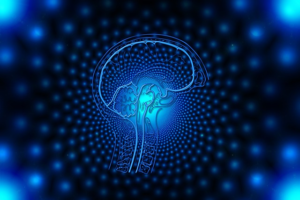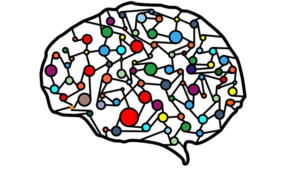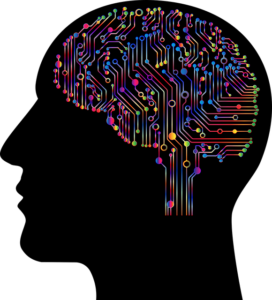How Artificial Intelligence is revolutionising healthcare – Euronews
Artificial Intelligence (AI) may never be able to adopt the comforting ‘bedside manner’ that good doctors are known for, but it may be better equipped to diagnose your ailments accurately.
Machine Learning (ML) is a subdivision of AI. ML is the system of “training” computers by feeding them vast amounts of data and images and programming them to detect signs of potential danger, such as h…….

Artificial Intelligence (AI) may never be able to adopt the comforting ‘bedside manner’ that good doctors are known for, but it may be better equipped to diagnose your ailments accurately.
Machine Learning (ML) is a subdivision of AI. ML is the system of “training” computers by feeding them vast amounts of data and images and programming them to detect signs of potential danger, such as harmful cells shown in a scan.
Already used extensively in the fields of pathology and oncology, ML diagnosis has been shown to have comparable levels of accuracy to that of experienced physicians. In some studies, ML has even been shown to surpass humans’ ability to diagnose diseases correctly.
“There are a lot of different uses of AI,” says Ali Hashemi, chairman and co-founder of GluCare Integrated Diabetes Center in Dubai. “The key is how to put it all together in a way that makes sense and [gives] actionable insights to both the care team and the physician. AI isn’t the endpoint. It’s a tool in your toolkit. What matters is how you use these tools to drive actionable insights for clinicians and patients.”
Both common and dangerous, diabetes is a metabolic disease that causes high blood sugar. Untreated, sustained levels of high blood sugar from diabetes can damage the nervous system, eyes and organs, most typically the kidneys. Today, wearable AI devices like wireless-enabled wearable monitors such as the Fitbit are helping patients monitor their blood sugar levels.
The FreeStyle Libre 2 Flash Glucose Monitoring System, currently being issued to diabetics by the National Health Service (NHS) in the UK, is one example of a continuous glucose monitoring (CGM) device that issues real-time alarms to the wearer when sugar levels are about to drop or spike.
“The range of biometrics or digital biomarkers that wearable [devices] are able to collect is ever-expanding,” notes Hashemi. “Those insights give me superhuman abilities as a clinician to have an amazing impact on my patients.”
AI is also being used to help prevent blindness in people with diabetes. In his clinic, Hashemi uses an AI-powered ophthalmoscope to detect a condition called diabetic retinopathy. “Diabetics, especially those who have been poorly controlled for quite a while, can end up with diabetic retinopathy, which is a degeneration of the retina, which can lead to blindness,” explains Hashemi. “The accuracy level or the precision of this device is pretty much as good as having an ophthalmologist do the screening. It has a sensitivity of about 96%.”
Hashemi also points out that, besides aiding in accurate diagnosis and detection of diseases, AI is often far more cost-efficient than manual healthcare. Its development could therefore make medical treatment and care possible for more people, including those in developing countries, at a lower cost.
Data governance remains one of the greatest challenges to integrating AI and healthcare. AI relies on personal medical data and, in most countries, access remains forbidden to third parties. However, the outbreak of Covid-19 and the consequent need to prevent it from spreading has helped shift opinion regarding health data governance. According to a Wellcome Trust foundation survey in the UK, only 17% of the public are now against sharing their medical information in the post-pandemic world.
Hashemi welcomes the change, saying: “AI makes everyone more efficient and enables us to actually leverage humans better – and this is the really important point.”
For more, please visit the Destination Dubai hub on Euronews.com
Source: https://www.euronews.com/next/2022/06/20/how-artificial-intelligence-is-revolutionising-healthcare







